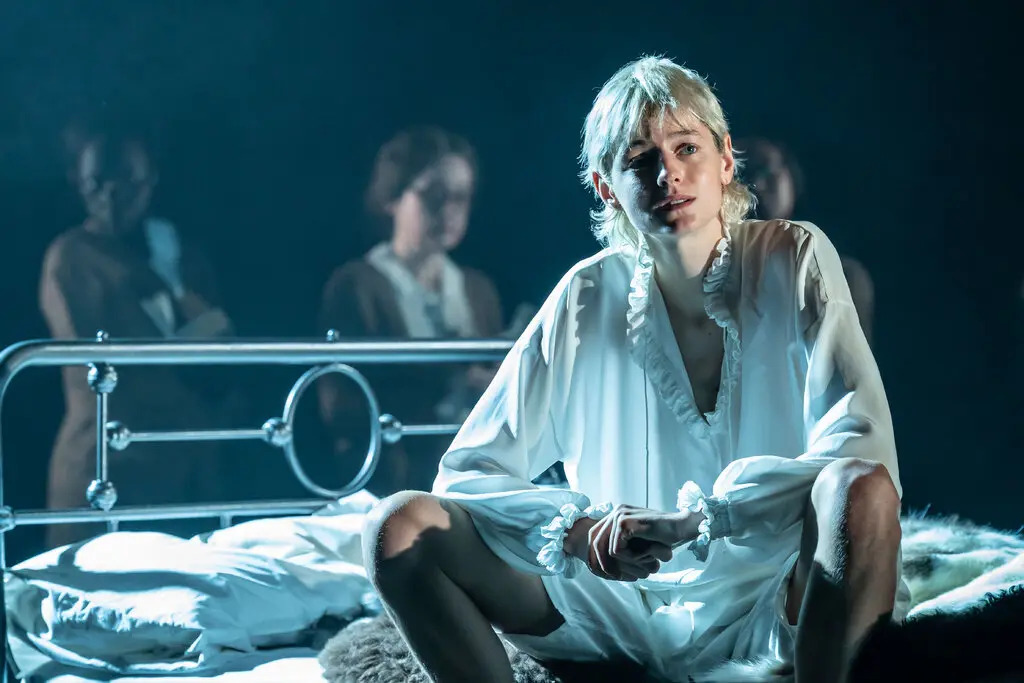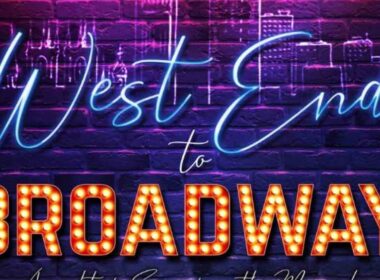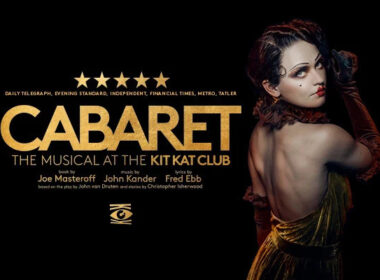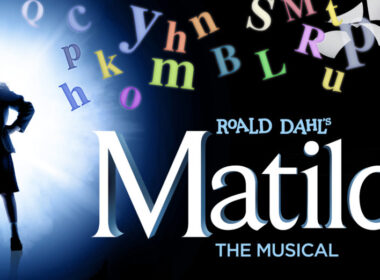For better or worse, time travel has been one of the most common themes in the world of entertainment. Look no further than to the success of Avengers Endgame or the Olivier Award-winning Back to the Future musical adaptation. So, it was no surprise that Neil Bartlett’s adaptation of Virginia Woolf’s “Orlando,” one of the oldest texts to employ time travel, felt passionate, fascinating, and giddy. And it couldn’t have arrived at a more opportune time.
With the titular character played by Golden Globe winner Emma Corrin, “Orlando” offers a merry chase through not only centuries but also themes of love, gender, and sexuality. Orlando asks: “Who am I…Who do I love?” those questions function as the cornerstone for the 90-minute adventure. Corrin offers a tour de force and personal performance, channelling their own experience as a non-binary actor. An honourable mention also goes to Deborah Findlay’s Mrs. Grimsditch, functioning as our fourth wall-breaking chauffeur through the eras. Also accompanying Orlando is Virginia Woolf herself, or rather, many Virginias, who, like our protagonist, span different ages and genders.

“Orlando” doesn’t shy from visual storytelling by offering a spectacle in costume design. Whether it be Queen Elizabeth I bathed with an imposing red aura, emphasizing her rule, or Orlando himself, whose rather plain initial outfit symbolizes his innocence. The periods explored are underscored primarily by what the characters wear throughout the play. This is elaborated on further once Orlando makes his nonchalant transformation into a woman. Now, what she chooses to wear signals where she is in time and how people will treat her as a woman.
While Orlando’s struggles with love may not appear entirely relatable for most audience members—then again, Tinder didn’t exist during Woolf’s time. Her journey of self-discovery is one going at breakneck speeds. While adjusting to a changing world in our day-to-day lives can feel intimidating, Orlando must do the same for 300+ years worth of history. For most, a journey of that nature would mean falling into despair, but Orlando approaches it with curiosity and a sense of fluidity that mirrors her own identity.
At a time when gender identity has been under the spotlight of a toxic culture war, “Orlando” is like a breath of fresh air that doesn’t feel the need to address any element of the discourse. Instead, it relishes freedom and the present. Orlando’s favourite time… is now.
4/5




